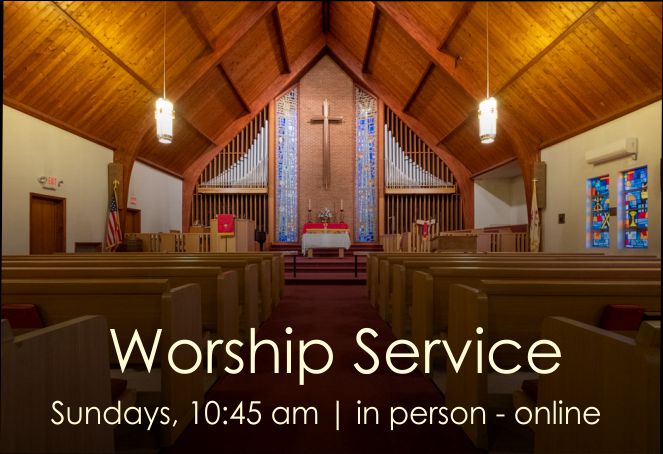If God is the Lord of hosts, then God’s Son is the Prince of Peace (Part I)

I received a letter asking this very interesting question,1 which is also pertinent for the times we are living in now. I will share the answer in three parts.
Dear David,
Embracing my inner atheist, I notice some situations that I would like to consider: Although God is the same yesterday, today, and always, in the Hebrew Bible we read that God is too violent. This is manifested in all the wars in which God ordered the annihilation of entire towns without having mercy on anyone (by the way, there is not much difference between these texts and the current actions of some extremists, violent groups in the world, specially in the Middle East).
So expressions such as ´forgiving 70 times 7´, ´turning the other cheek´, and ‘to those who have enough of what is yours, also give the cloak´ are overshadowed by violence, conquest and fulmination under the logic of war.The New Testament proposes the opposite: Forgiveness, peace, reconciliation, love, fellowship, etc.; another very different logic based on love and consideration for the most defenseless.
What is the reason for this dichotomy?
Thank you,
Julio Andrés Torres, Colombia
Greetings fellow countryman! Thank you for inviting an atheist to our conversation. I am glad you did it because there are times when I find it easier to talk to people who have lost their faith or have not had faith at all, rather than those who are ‘extreme’ believers. And I say this because although fundamentalism can be found in the midst of atheist and agnostic circles, in my experience, there are fewer cognitive dissonances between these groups compared to some Christians or other fundamentalist believers in different expressions of faith.
To try to have a more or less orderly approach to your question, I want to explain the reason for my first part of greeting. I could notice that you write from Colombia, the same land from which I crafted this answer. And maybe that is exactly what your inner atheist has trouble with, since even when Colombia has a huge Christian population, this country’s history is full of war and violence.
Beyond considering the biblical stories, at least from the first books of Scripture, as historical or not, it is important to highlight that they describe and have as recipients people who lived in a particular era, with a particular worldview, in the midst of some particular social conditions and some also particular survival conditions.2
Regarding human particularities at the time of the writers and recipients of the biblical texts, we cannot lose sight of what life was like then. If you see war in the Bible, it is because society was violent and the only way to survive was violence. What do I mean? Before Israel became a nation, the clans were the demographic societies and they organized themselves in order to survive.
Then those clans grew and became towns and then nations, which eventually became kingdoms. For some of us in the Americas, the concept of monarchy is not very familiar nowadays, since we have not empirically had contact with one. However, for European societies, it is much easier to become familiar with the monarchies because in many of their countries they still exist.
I make this reference because it is the central basis of texts that, in our eyes, are ethically violent. Nevertheless, perhaps they were not too much for the writers and their readers. This happens because at that time, if you were part of a tribe in the middle of the desert or a field and you had an advantage in products related to crops or animals (food) compared to other tribes around you, you would surely be a victim of violence or looting. No matter how pacifist you were.
That was exactly what happened with the people who wrote the biblical text. In their time, everything came down to either killing or being killed. Note that the Bible shows us the evolution of the people of Israel. From being a patriarchal family, to becoming a tribe, then a large community of tribes, then a people of slaves, then a wandering people, then a settled people, and finally, a kingdom, which ends its existence in captivity. In general, the people of Israel conquered only Canaan, the land they say they received as a promise to Moses to settle there.
Nevertheless, in the desert they had to fight, then on their land they had to do the same to defend it and so on. In those times, there was no diplomacy, no human rights or international fair play summits. Nothing of that. Everything was solved through negotiation, in some cases, but the subsequent war in the majority.
To be continued…
Warmly,
Ps. David Gaitan
Notes:
1. Taken from: Con lugar a Dudas. La Conversación en Curso. Buenos Aires, Argentina.
2. Rob Bell. What Is the Bible?: How an Ancient Library of Poems, Letters, and Stories Can Transform the Way You Think and Feel About Everything. New York: Harper One. 2017









